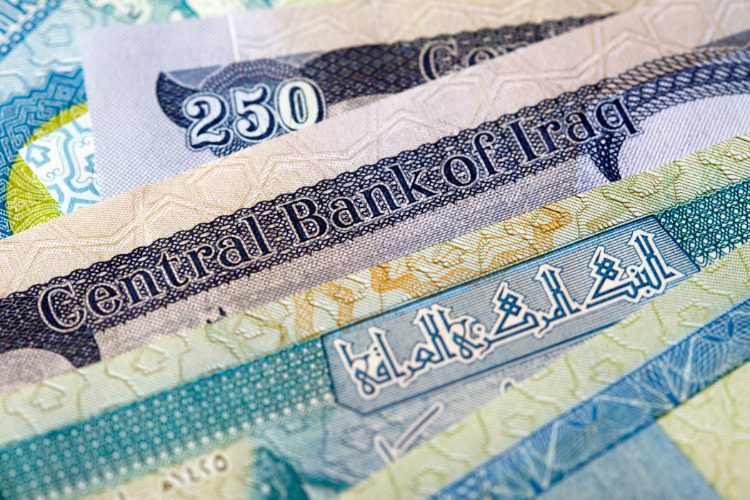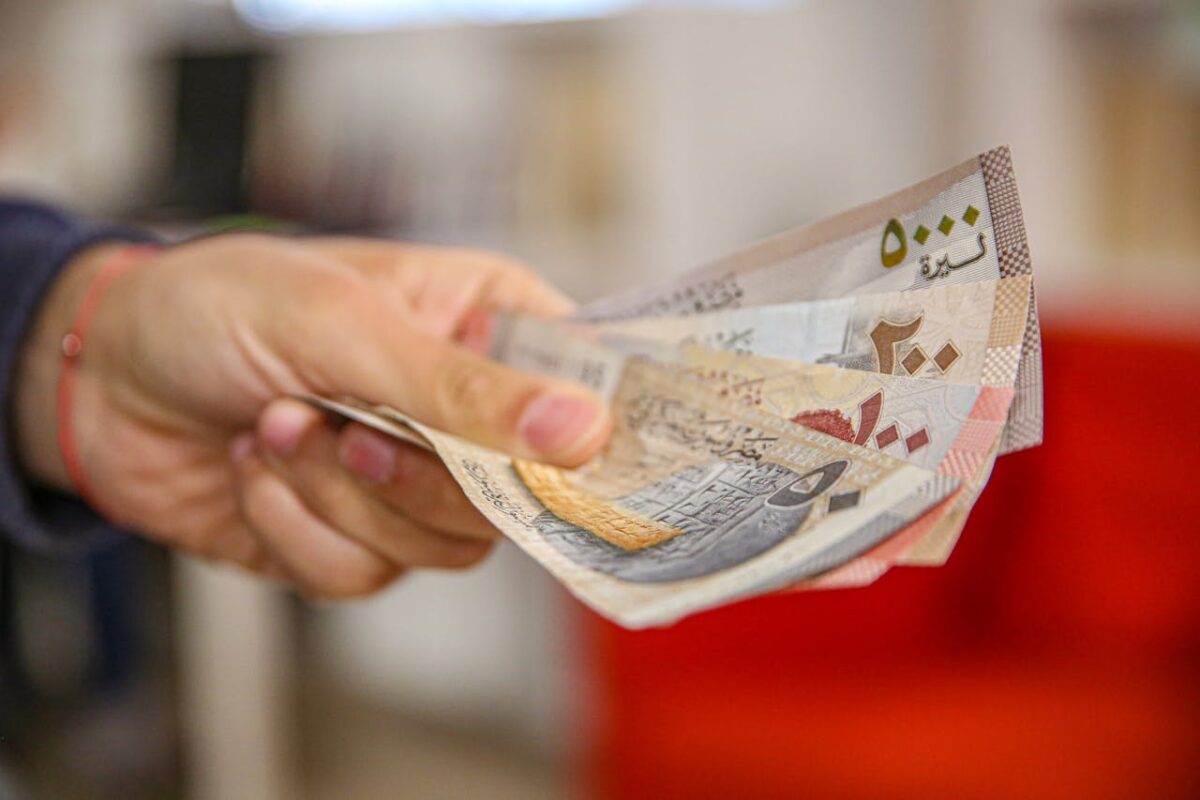In the intricate economic landscape of Iraq, the Central Bank of Iraq’s (CBI) dollar auction remains a focal point of intrigue and speculation. The auction system, designed to stabilize the Iraq country currency by facilitating access to the US dollar, has been rife with controversy. Accusations ranging from the siphoning of dollars to neighboring countries and money laundering to currency smuggling have marred its reputation. However, beneath the surface of these allegations lies the crux of Iraq’s economic dilemma—the country’s heavy reliance on oil exports for revenue and a largely informal private sector tasked with importing goods and services to meet domestic demand.
Unveiling the Dollar Auction’s Role in Iraq’s Economy
Chief Strategist of Asia Frontier Capital (AFC) Iraq Fund, Ahmed Tabaqchali, sheds light on the dollar auction’s fundamental purpose and challenges within the Iraqi economy. Contrary to the prevalent conspiracy theories, the auction is the government’s tool to distribute oil revenue-derived US dollars to the private sector. This mechanism is essential for private entities to fulfill their import obligations, given the absence of a diverse revenue generation model outside the oil sector. The systemic imbalances within the economy necessitate this auction, entangling it in unsustainable compromises and sparking debate about its operation.
The Lifecycle of Oil and Dollars
Iraq’s economic structure, heavily dependent on oil revenues, necessitates a continuous inflow of dollars to sustain its import-loaded consumption model. The dollar auction by the CBI is a critical conduit through which these dollars are made available to the private sector. This dynamic, while addressing immediate liquidity needs, further entrenches the structural vulnerabilities of the Iraqi economy.
The Fallout of November 2022
In November 2022, the Iraqi dinar faced significant upheavals, spotlighting the intricacies and challenges of the dollar auction system. The ripple effects of these disturbances led to governmental measures aimed at remedying the auction’s operational setbacks. These adjustments appear to have addressed many of the persistent issues plaguing the auction system, paving the path towards potentially enhanced stability and value of the Iraq country currency.
Is a Higher Dinar Value on the Horizon?
Speculation abounds regarding the potential for an increase in the value of the Iraqi dinar, fueled by recent corrective measures in the dollar auction system’s functioning. While such developments spark optimism for a stronger dinar, official confirmation from the CBI regarding a currency revaluation remains pending. It is this aura of uncertainty that continues to envelop the future trajectory of the dinar’s value, drawing keen attention from investors and economic analysts alike.
Can Economic Reforms Boost the Dinar’s Prospects?
The heart of Iraq’s currency dilemma lies in its overarching economic imbalances. Fundamental reforms aimed at reducing the oversized role of government in the economy and fostering a diversified, formal private sector are essential for enduring stability and growth. Addressing these structural issues head-on could unlock the dinar’s potential, offering a beacon of hope for a more robust valuation of the Iraq currency in global markets.
The narrative around the Iraqi dinar and the dollar auction system is a testament to the complexities of managing a currency amid structural economic challenges. As Iraq navigates its path towards reform and stability, the prospect of a revaluation of its currency looms as both a potential outcome and a symbol of broader economic ambitions. While optimism for an increased dinar value permeates discussions, the path forward is contingent on substantive economic reforms and the Central Bank of Iraq’s strategic maneuvers.
How Can Dinar Exchange Assist You?
At Dinar Exchange, we acknowledge the complexities and ongoing fluctuations associated with the currency in Iraq. For those keen on navigating these waters, our services are designed to offer comprehensive support and timely information. Encouragingly, should there be an enhancement in the value of the Iraqi dinar, understanding the timely entry and exit points can be crucial. Here’s how we can help:
- Timely Updates: Keeping our clients informed about the latest developments related to the Iraq country currency and potential changes in the dinar value.
- Expert Insights: Our team provides insights and analysis, helping you understand the broader economic indicators that influence the currency in Iraq.
- Secure Transactions: Offering a safe and reliable platform for those interested in the Iraqi dinar, providing peace of mind amidst the economically turbulent environment.
Why Choose Us?
- Local, Trusted, Transparent: As a Melbourne-based company, we ensure transparency and reliability in every transaction. Trust in our commitment to matching your expectations.
- Expert Guidance: Our team of seasoned professionals offers insights and guidance, empowering you with the knowledge to make strategic investment decisions.
Our Promise to You
- Secure Transactions: Experience peace of mind with our secure online payment methods, including Poli.
- Guaranteed Delivery: We are committed to timely delivery for every order, backed by our 24/7 customer service.
Embark on your investment journey with Dinar Exchange Australia, your premier partner in Iraqi Dinar transactions.
ALSO READ: Can the Iraqi Dinar Navigate Through Currency Volatility and Black Market Influence?
Disclaimer: It is important to note that Dinar Exchange does not take responsibility for any news or updates published in this article. The information provided is based on general market speculation and opinions which are not endorsed by Dinar Exchange. All decisions made by readers based on this article are at their own risk, and should be made in consultation with a financial advisor. The potential increase in the Iraqi dinar’s value is a speculative event and has not been officially confirmed or denied by the Central Bank of Iraq.
ALSO READ: Potential Surge in the Iraqi Dinar: Insights and Indicators



